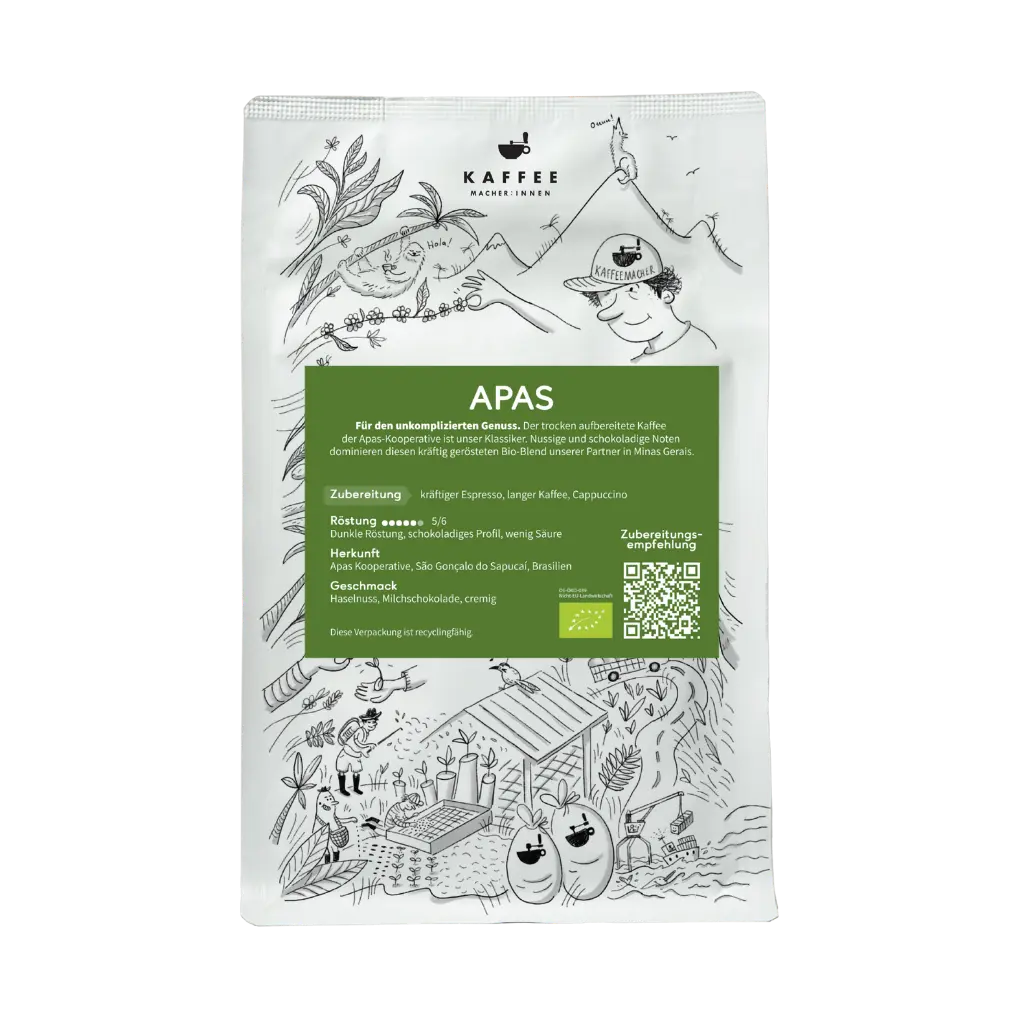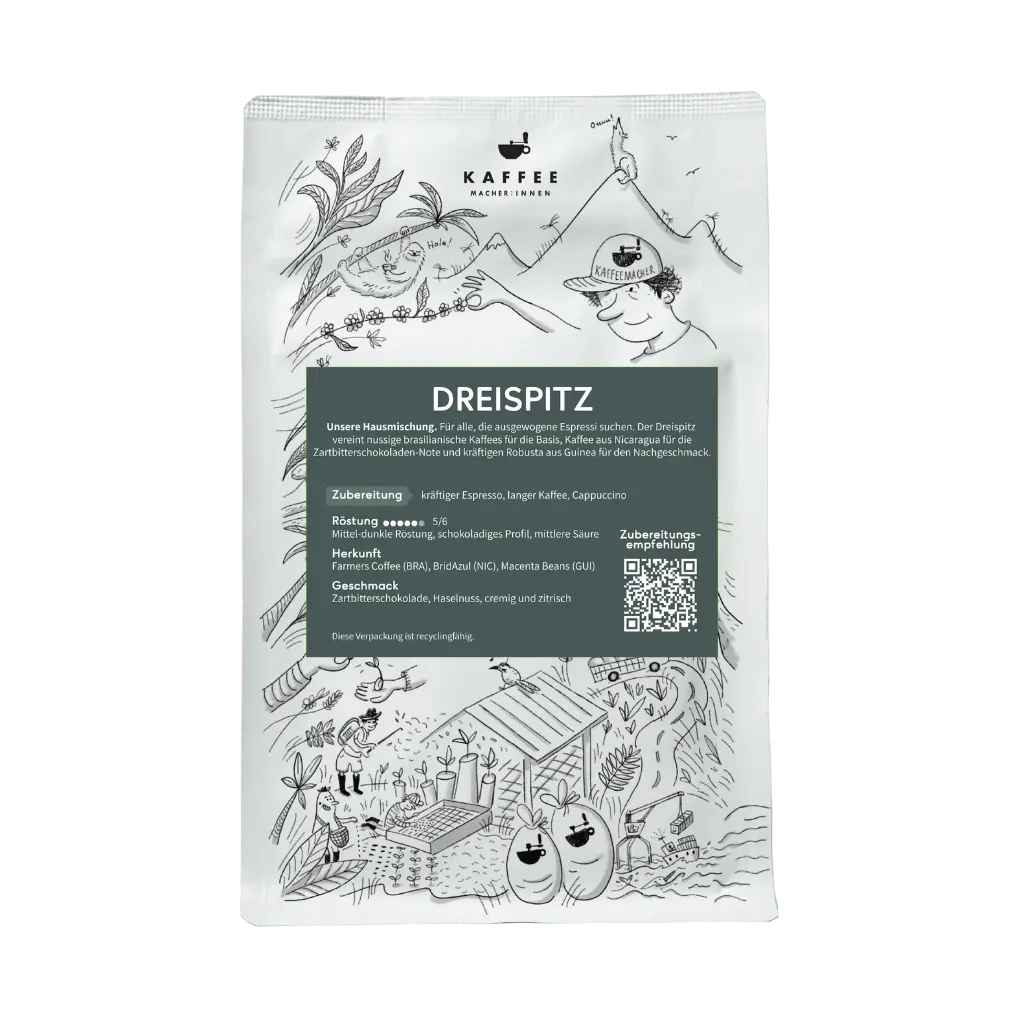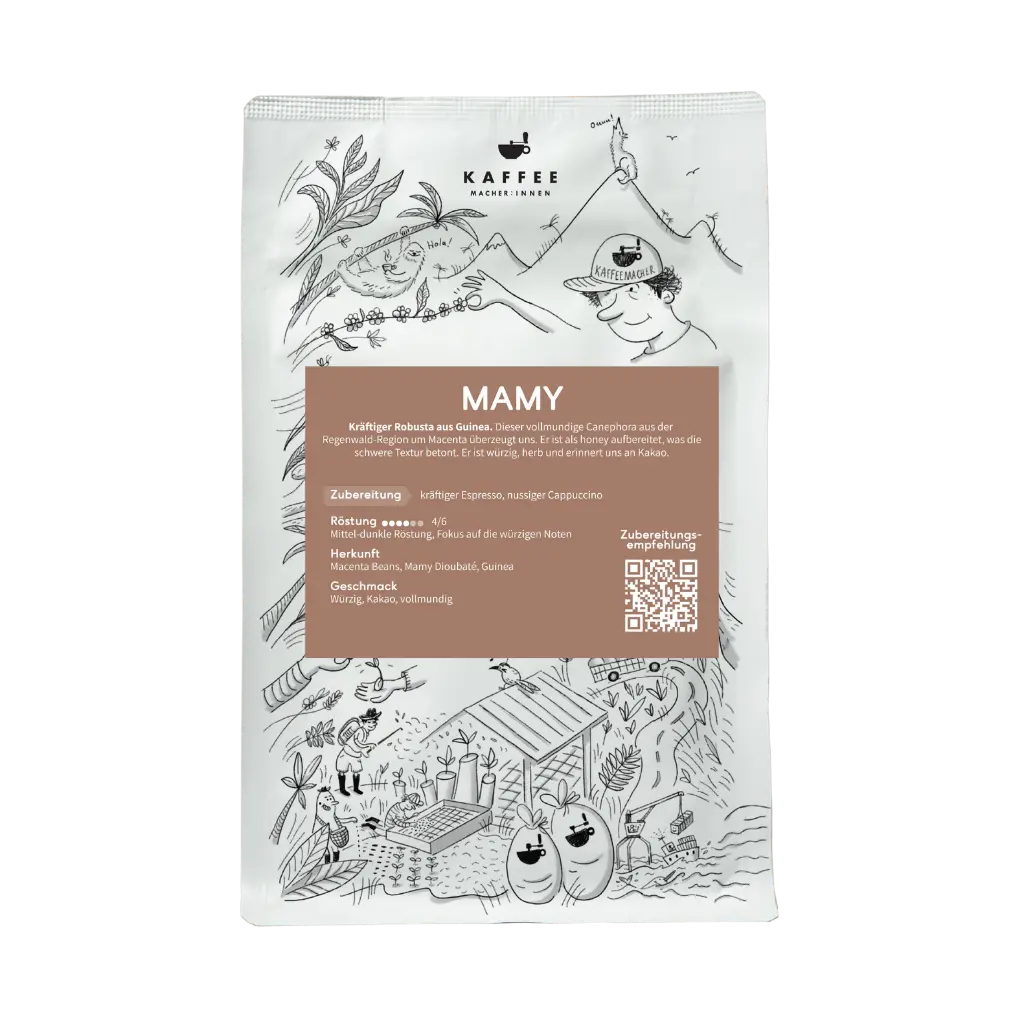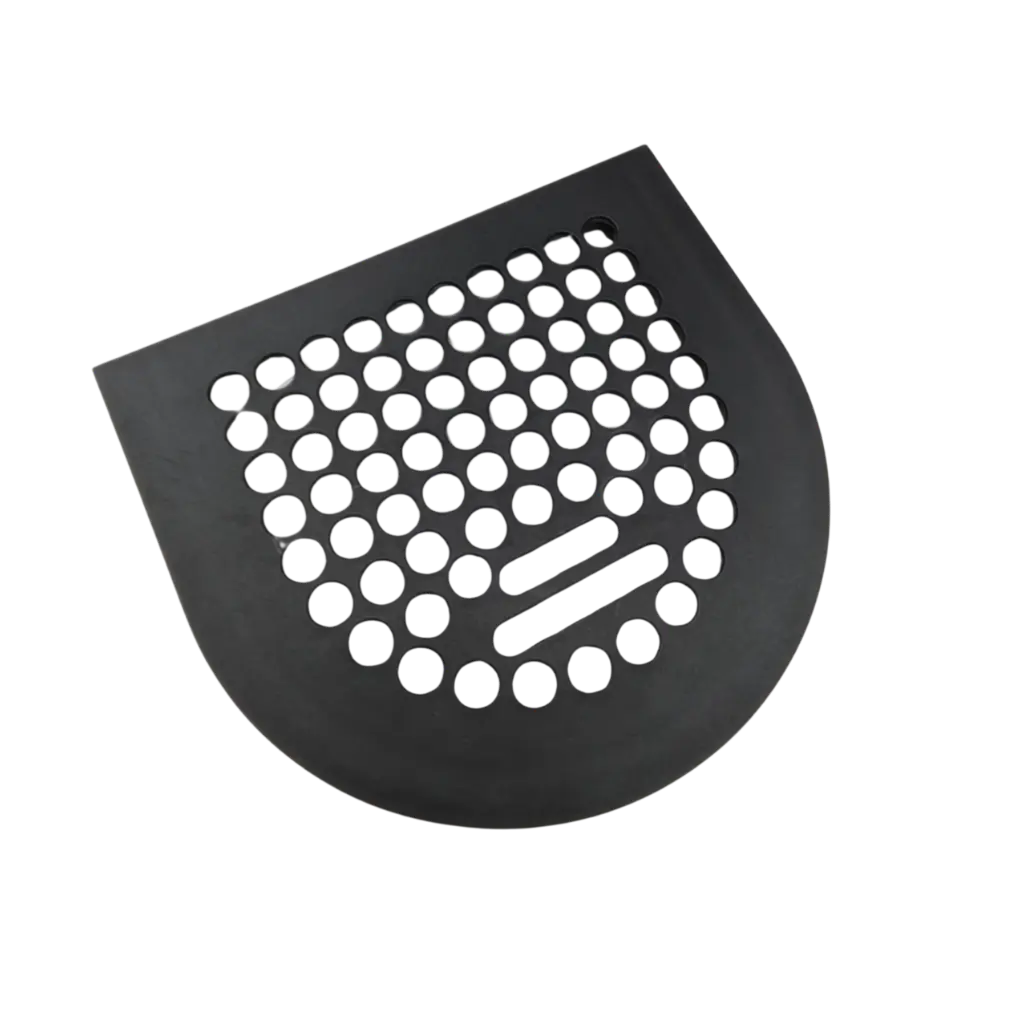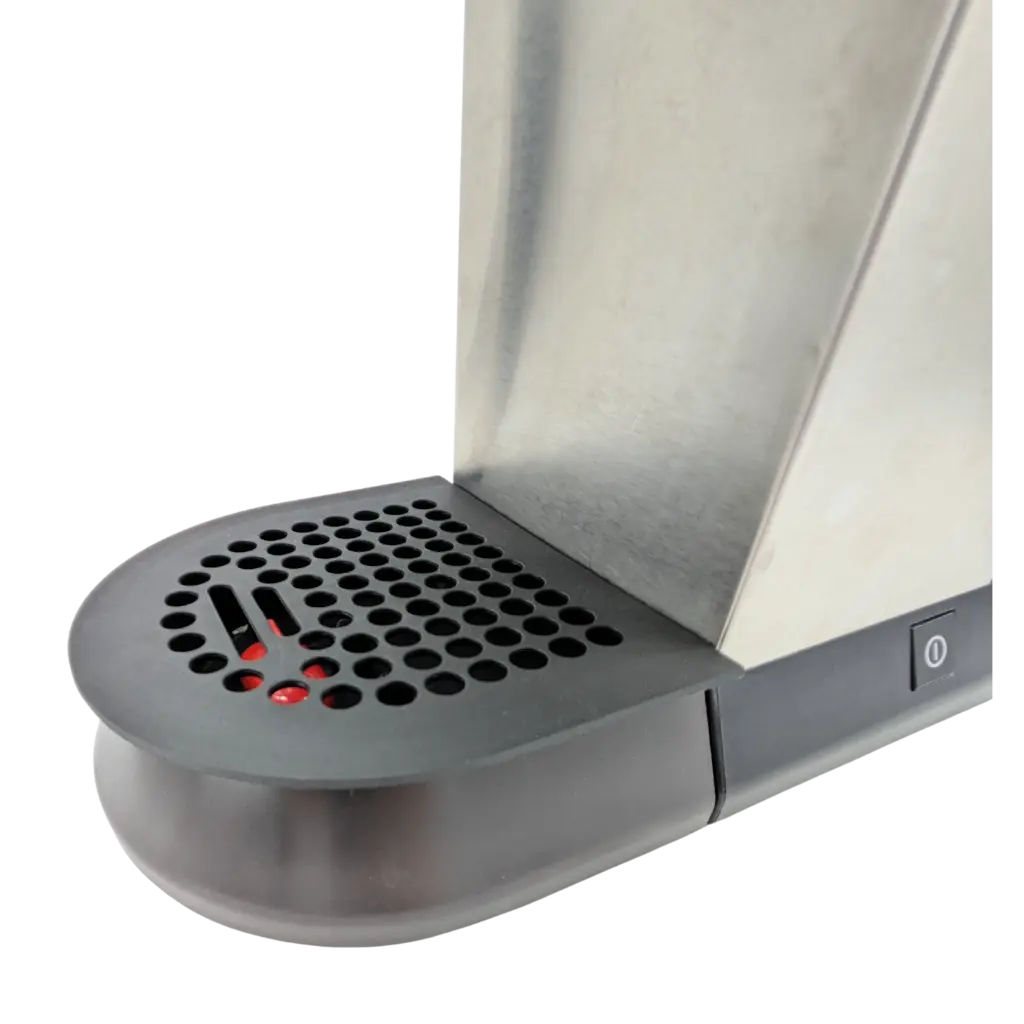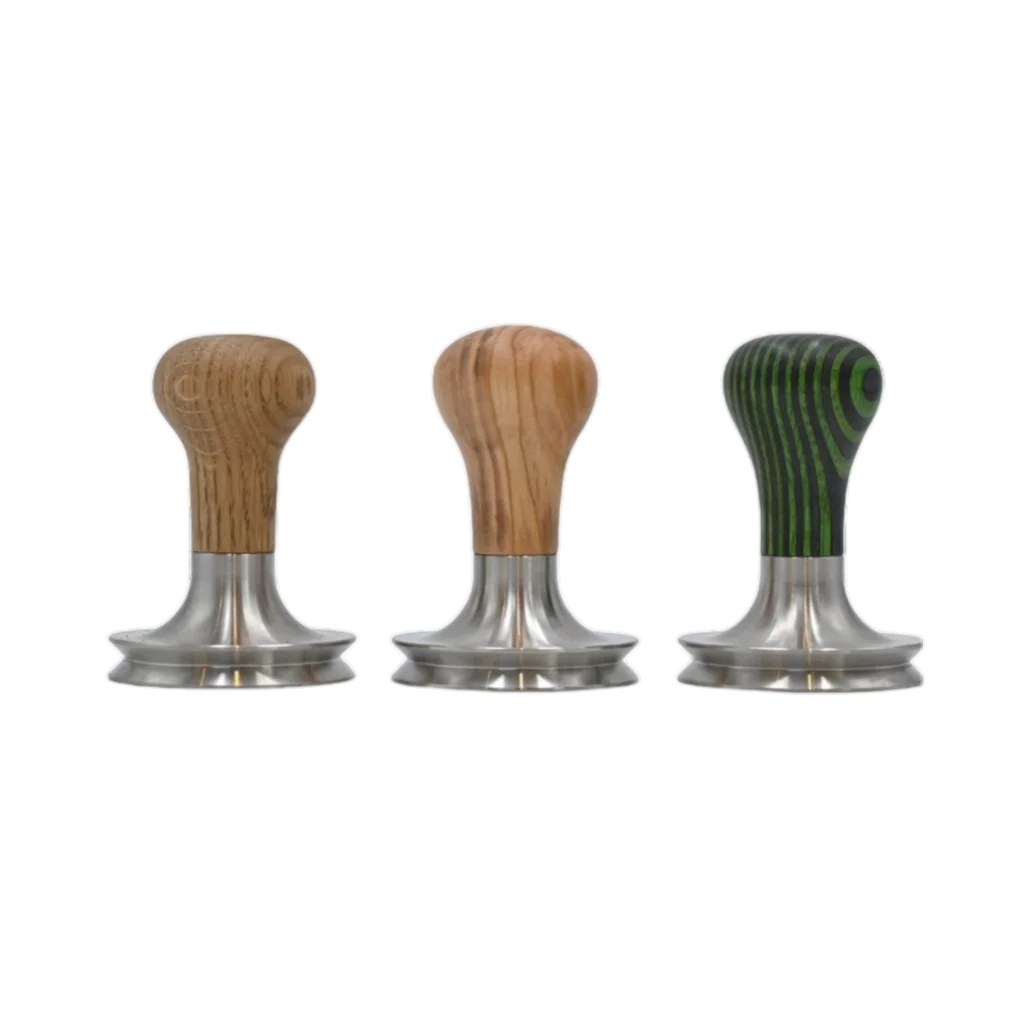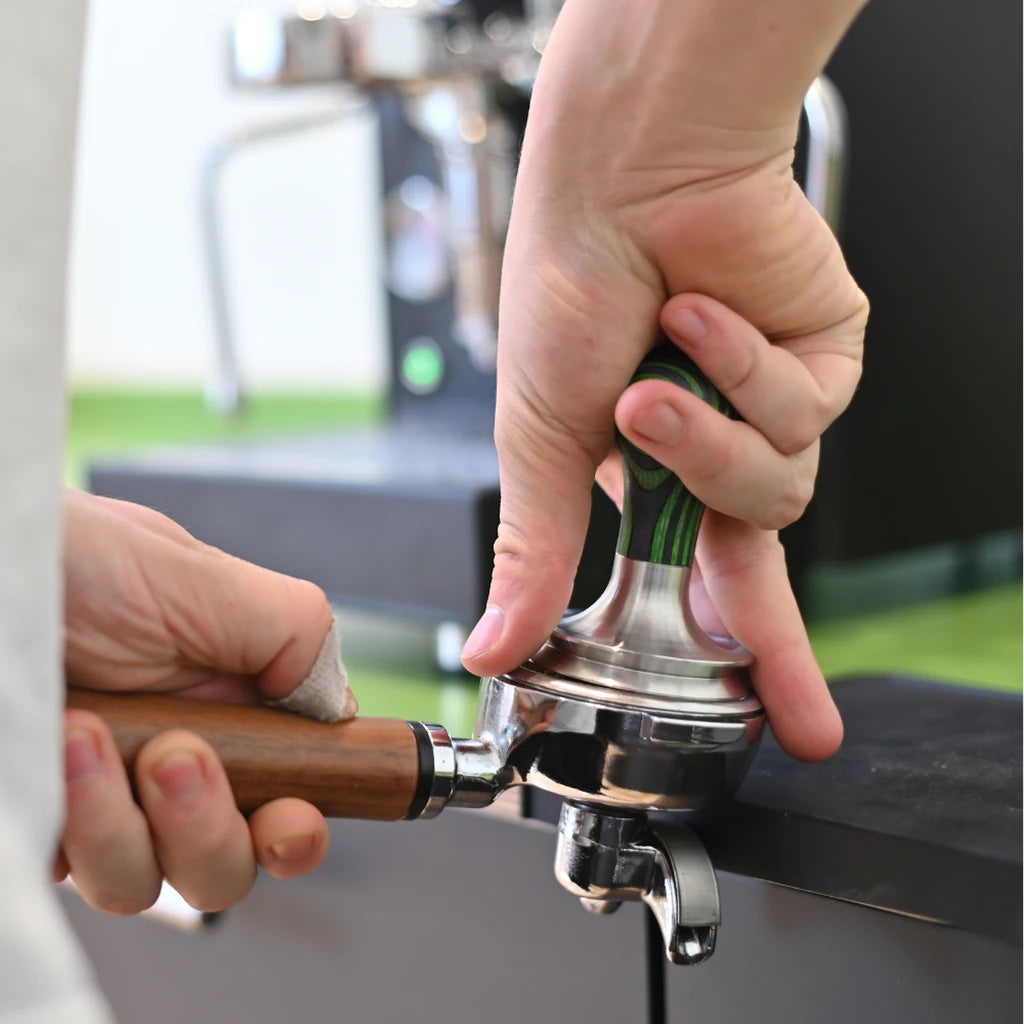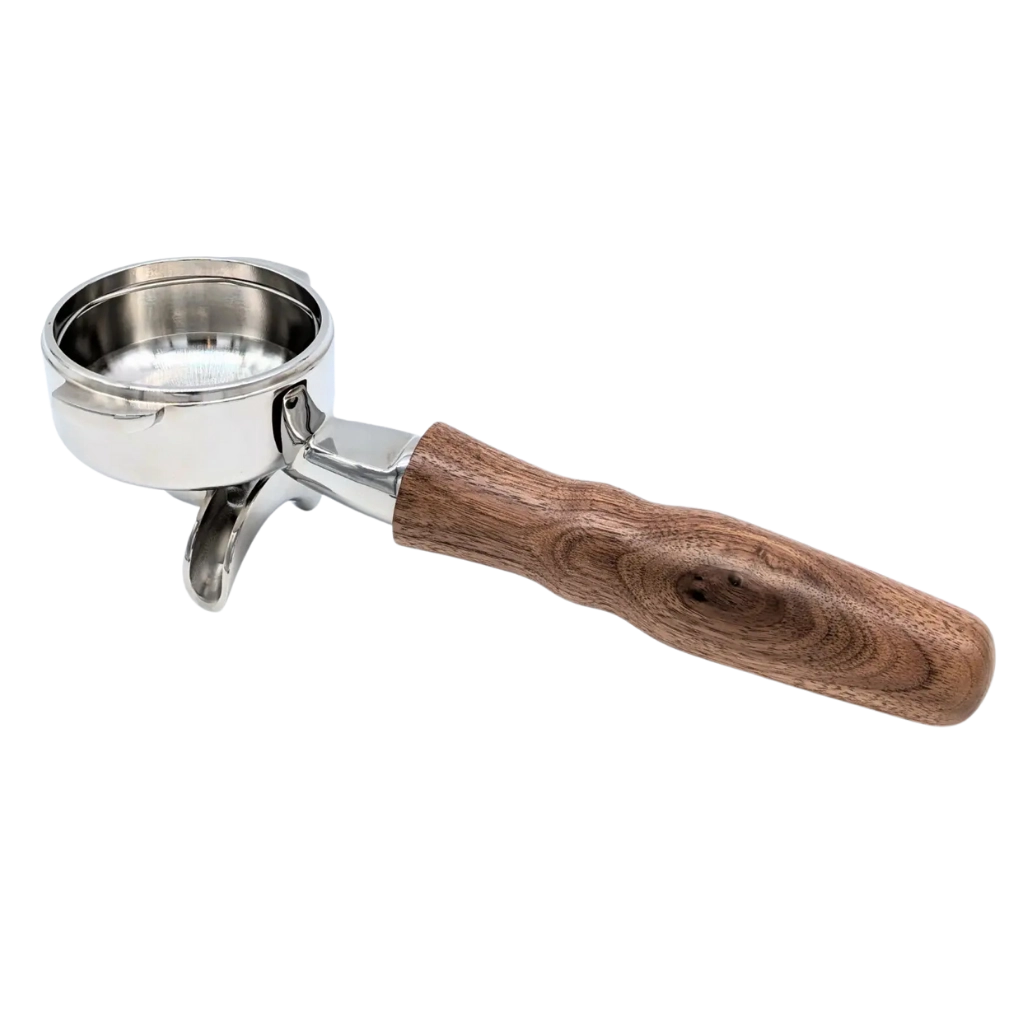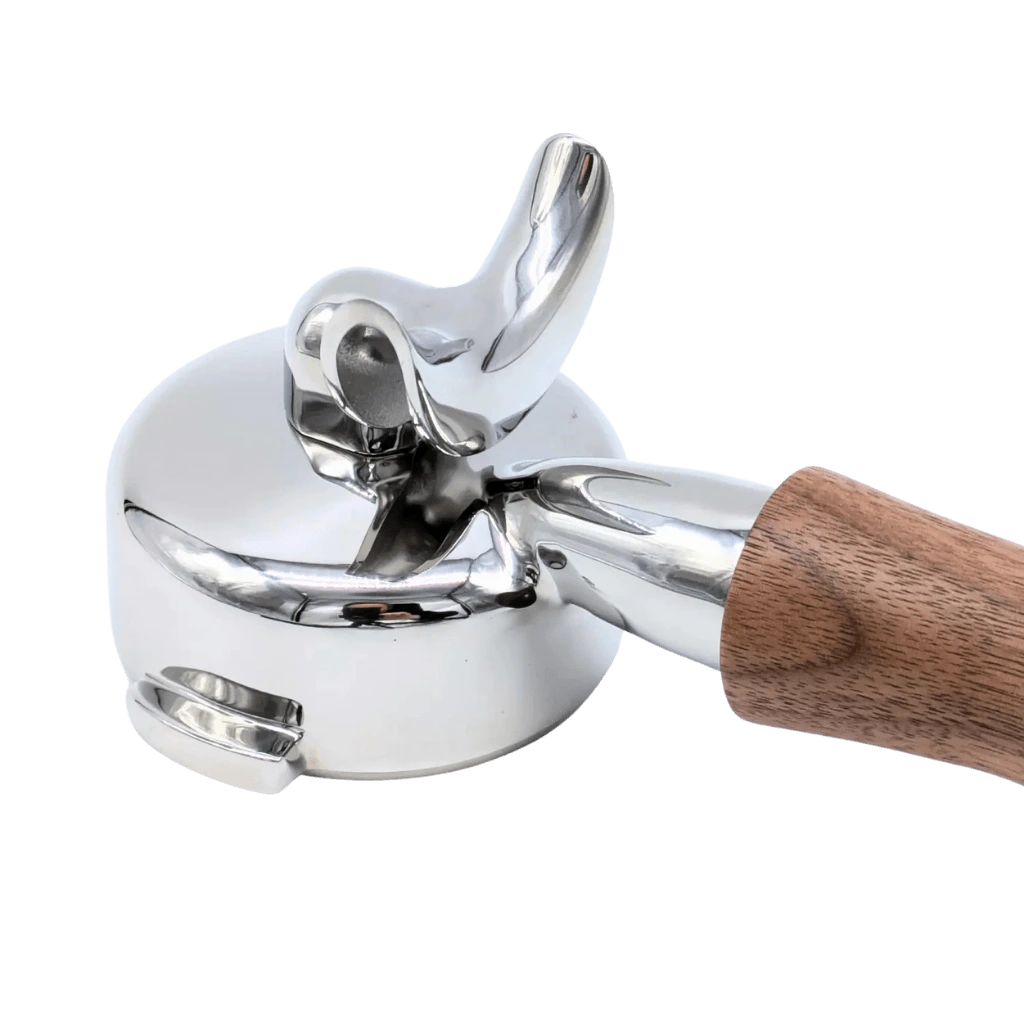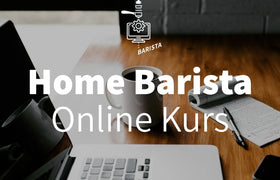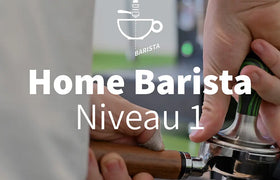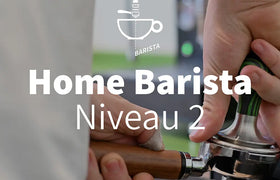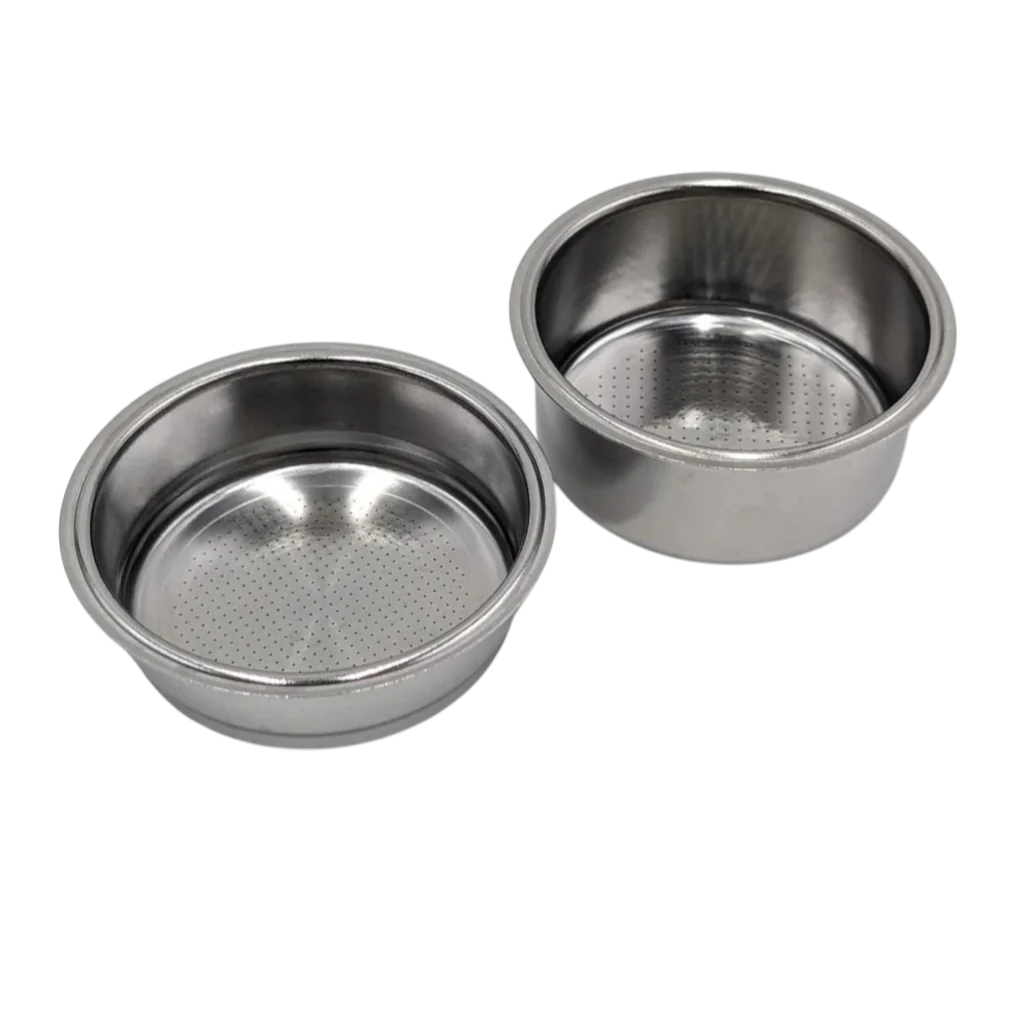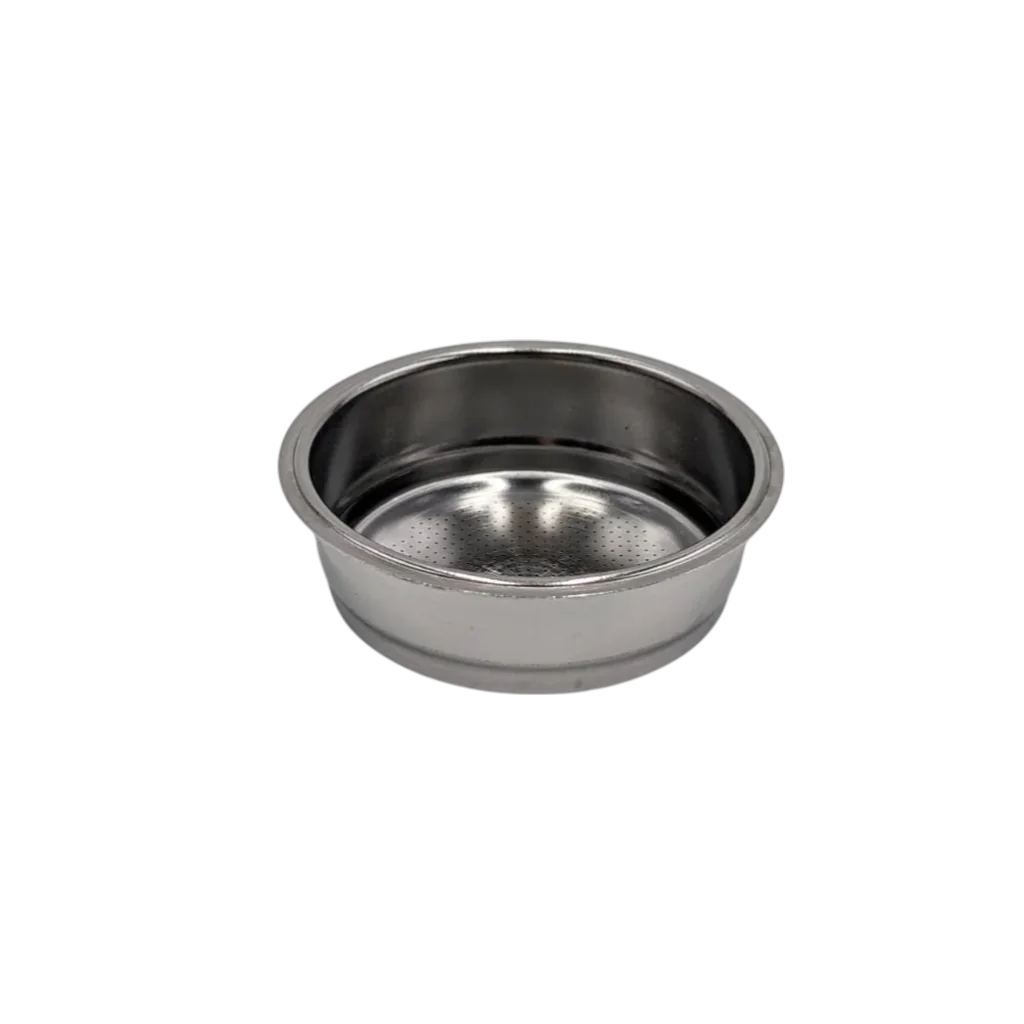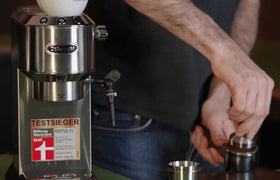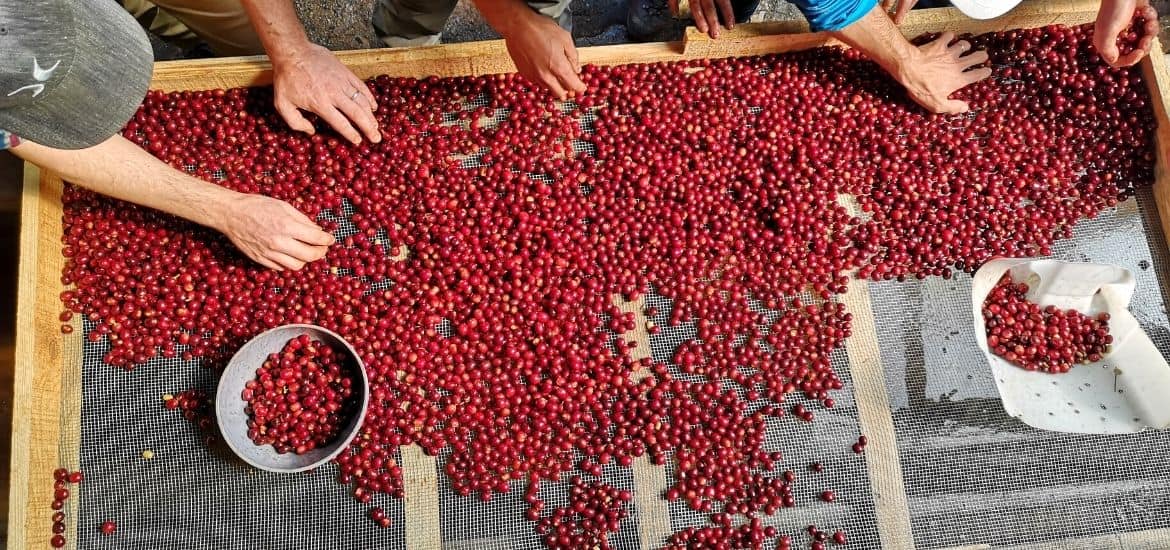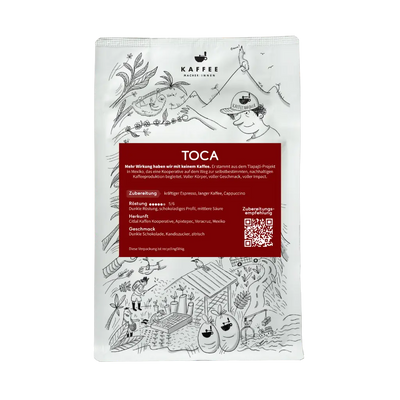How can you learn more about coffee? Which coffee courses and coffee schools can we recommend as coffee makers? Many people turn their hobby of coffee into a career. What opportunities are there for career changers? We'll cover these topics in this article and also give you tips on how to improve your own ability to taste—your sensory perception.
Here we have summarized for you how a path through coffee training can be exemplary.
Start your coffee training
How can you learn more about coffee? For example, in our blog, in our videos , or in the excellent blogs from Backyard Coffee or Coffeeness . Arne from Coffeeness focuses on the world of fully automatic coffee machines, but also explores broader topics in individual articles, such as the caffeine content of coffee beverages . Wolfram from Backyard Coffee writes in-depth background articles, and some of his article series summarize coffee topics better than anyone else online in German or English.
With travel restrictions, it's easier to attend courses online. With our Home Barista Online Course, we've created a course consisting of over 30 individual videos. In short sessions, we explain how to make great coffee at home using an espresso machine.
Coffee schools in Switzerland
Of course, the best way to truly learn about coffee is to take a course at a good coffee school. We'd love for you to visit us at our academy and take one or two courses with us. However, there are more and more coffee courses and coffee schools available, and we can wholeheartedly recommend some of them.
In Switzerland, courses by Philipp Henauer of the Henauer roastery are definitely worth recommending. Philipp is an experienced instructor and highly trained himself. He is "the coffee master maker" in Switzerland. In recent years, Philipp has guided many participants to victories in barista, latte art, and Brewers Cup competitions. In French-speaking Switzerland, Ennio Canterigani, with Swiss latte art master Grégory Raymond at his side, is a top choice at the Académie du Café .
Gloria Pedroza offers training and certification for Q-Arabica and Robusta graders . All of Gloria's sensory courses are worth attending, as are her green coffee courses.
International Coffee Schools
In Austria, courses by Johanna Wechselberger and Goran Huber are certainly no secret. Both have many years of experience in training, have been Austrian national barista champions, and have experience as roasters and Cup of Excellence judges. Everyone has probably read Johanna's books at some point. Benjamin Graf is a "next generation" coffee trainer. He is a Q-grader, has attended several courses with us, and has participated in the Coffee Farm Training on Santa Rita, among other things.
We like to think outside the box. This led us to John Thompson's training in Scotland. John runs Coffee Nexus there, is a coffee consultant, Cup of Excellence Head Judge, and helped develop the SCA's sensory and green coffee module.
In the sensory and roasting areas, many international course participants travel to Copenhagen for Coffee Mind . The courses have a more analytical and scientific approach, making them more suitable for some participants than others.
Gwilym Davies and Petra Veselá teach coffee courses in the Czech Republic. Gwilym was a world champion himself and, together with Petra, runs a small but excellent coffee school .
Coffee schools and courses in Germany
We're really just burning our fingers with recommendations for coffee courses in Germany. There are simply too many courses, schools, and trainers. And as we write this, we're realizing once again that we should attend significantly more courses offered by colleagues, simply to be more interactive.
We highly recommend classes at Backyard Coffee in Frankfurt. They've just undergone a complete redesign to make the classrooms, equipped with HEPA filters, safe for use during the coronavirus pandemic.
Also in this corner of Germany: Paul Bonna from and with the Kaffeekommune (coffee commune) in Mainz . Paul is a pioneer of the German specialty coffee scene. With his café, he realizes his high standards every day. The Kaffeekommune offers tastings, repairs espresso machines, roasts, and provides barista training.
The Roestbar Coffee School with Erna Tosberg in Münster is part of the roestbar cafés. Erna is a two-time German barista champion and one of the most successful German baristas at world championships.
We met Marc Czogalla from the Bonn Coffee School during Benjamin's advanced brewing courses. Marc also participated in roasting courses. Marc offers various training courses based on the SCA Coffee Diploma.
We've never attended a course taught by Thomas Brinkmann from the Hanover Coffee School . However, Thomas and his courses have a good reputation. In addition to SCA courses, Thomas also offers courses in cooperation with the Chamber of Industry and Commerce.
Andrea Jacobsen works as a coffee trainer in Hamburg. She trains private individuals and restaurateurs. Andrea completed the SCA Professional course with us.
Christian Ullrich is recommended not only for latte art courses. The 2014 Latte Art World Champion regularly teaches courses, provides advice, and is also available for private lessons.
What makes good barista courses?
Good barista courses are characterized by solid foundational work in both theory and practice. You might think that everything about coffee has been researched long ago, and that hardly any changes to the state of knowledge are being made. Quite the opposite!
In recent years, progress in coffee has accelerated dramatically. Universities and companies have increased their research budgets and activities. New processing methods are transforming the flavor of coffee. Roasting techniques have diversified. The quality of green coffee has improved. Espresso machines can run temperature profiles in addition to pressure, and grinders can determine particle size. Only those who stay on top of things, constantly work with new materials, and maintain an international perspective can keep up as barista trainers.
This is where the wheat is separated from the chaff, and where good barista courses differ in quality. The exemplary knowledge and techniques of 2010 are now old hat. When choosing barista courses and schools, we recommend checking the quality of the available content. Roestbar, for example, has written a book. The roastery Backyard Coffee, mentioned twice above, also has a YouTube channel.

We employ a total of four Q-graders who ensure quality and convey sensory perception.
Coffee Sensory Analysis: Practice Tasting Better
The ability to accurately assess coffee quality is the most important foundation of training for both the home coffee aficionado and ambitious barista or café owner. Based on the assessment of an espresso and the tasting of a new roast, adjustments can be made.
In our courses, we repeatedly find that participants confuse acidity and bitterness, especially when making espresso. If this confusion occurs, it's difficult to make the right decisions when adjusting the grinder.
A good sense of coffee provides confidence. It's your own feedback tool, helping you make adjustments and leading to a much steeper learning curve.
We recommend to anyone interested in coffee: attend sensory courses. Participate in public coffee tastings at roasteries. Talk to other coffee enthusiasts about coffee. Write down your taste notes and gradually work your way into the world of sensory perception. This is not only exciting for coffee, but also opens up new worlds when tasting other products. Last but not least: attend Nadja's sensory courses . In her courses, she teaches you the language that allows you to put your sensory impressions into words.
Coffee as a profession – also for career changers
The coffee industry is a diverse field, offering numerous biographical perspectives from cultivation to the finished product. We know hundreds of coffee professionals, and almost all of them entered the coffee industry "from a different background." Coffee makers have studied business administration, trained as chefs, are Islamic scholars, carpenters, or economists. Often, the path to coffee leads through a job as a barista in a café. Courses and coffee championships deepen knowledge. If you're successful at championships or patient with repetition, your perception of the scene and industry follows automatically.
Of course, you can also enter the coffee industry by studying food technology, and this happens regularly, especially in larger companies like coffee roasters affiliated with supermarket chains. But food science is not the same as coffee science. Graduates typically leave university with only rudimentary specialist knowledge (which you can sometimes taste in the coffee). Good coffee skills, however, require practical experience and constant practice – exactly what a barista from a café bar or an enthusiastic home barista brings to the table.
With this practical knowledge, supplemented by accompanying training from a good coffee school, the world opens up for careers in roasteries, development, or quality assurance for coffee retailers. Good baristas are also in high demand everywhere. Last but not least, many successful café and roastery startups demonstrate that starting your own business in the coffee industry is also an interesting and diverse field.
Why we don't believe in SCA certificates
As coffee makers, we are authorized to teach all SCA modules. However, for about two years now, we have discontinued all courses within the SCA Coffee Diploma. There are courses in Barista, Roasting, Sensory Analysis, Green Coffee, and Filter Coffee, each at the Introductory, Intermediate, and Professional levels.
The SCA is the international Specialty Coffee Association. The European SCAE merged with the American SCA a few years ago. Since then, the organization has become increasingly alienated from us. Since its headquarters are in America, the course program was also subject to American boycott regulations, such as a ban on people from Iran. A no-go for us.
Course participants incur enormous certification costs, while at the same time, SCA International does nothing to strengthen national recognition of the certifications. Authorized course instructors also pay a lot of money to SCA International for authorization, but create the course content, handouts, etc. themselves. We no longer tolerate this imbalance. Instead, we prefer to offer lower-cost courses, save ourselves considerable administrative effort, and design course content in a way that makes sense for the Swiss market and the individual course participants.



